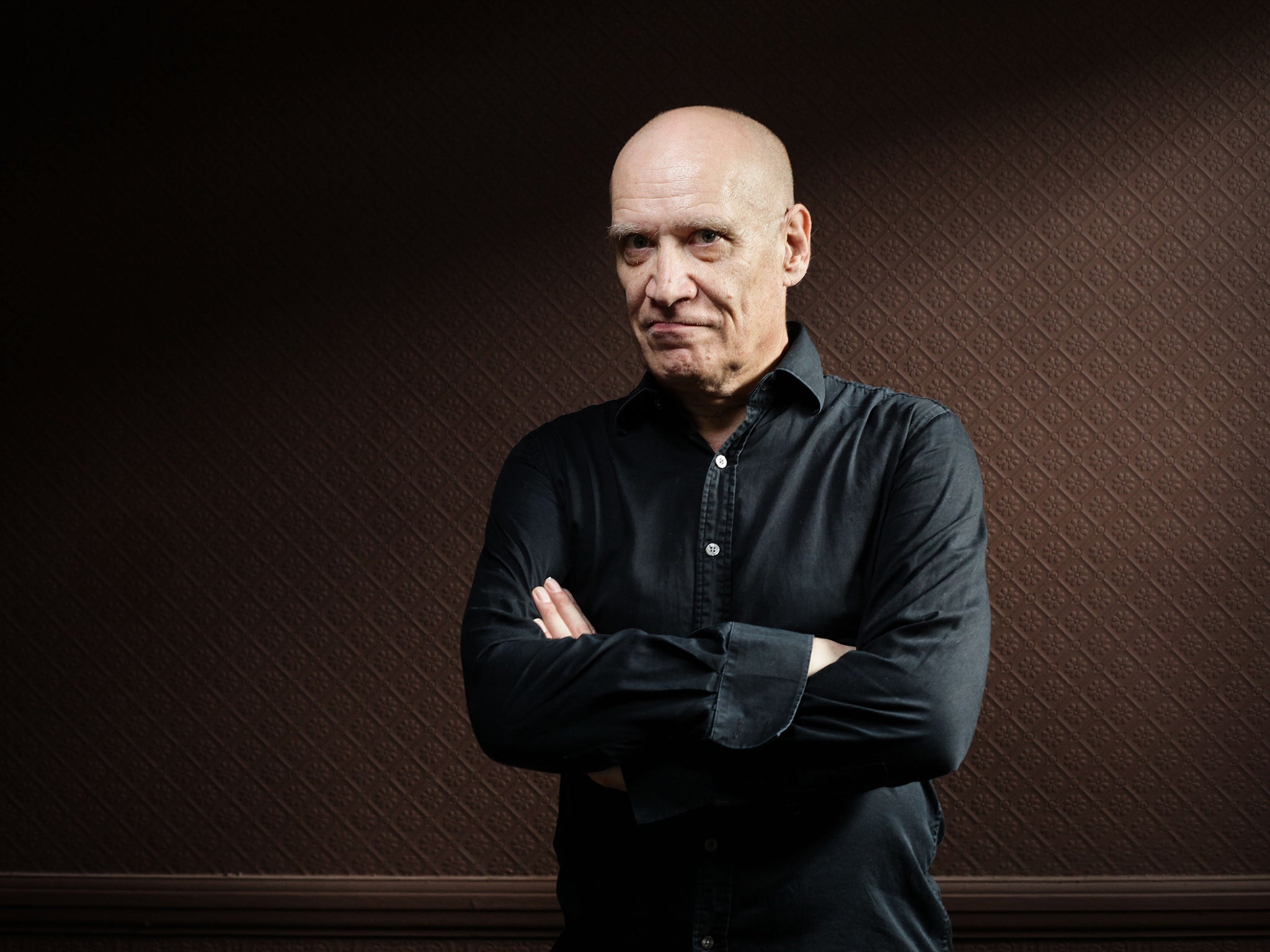Wilko Johnson splits with manager after police investigate assault claims
The former Dr Feelgood guitarist claims there is no truth to the allegation

Wilko Johnson revealed this week that he has been cured of terminal pancreatic cancer, but it has emerged that the former Dr Feelgood guitarist has been fighting another personal battle.
The Independent has learnt that he has split from his manager, after a dispute over a complaint of assault that had been made against him.
Police in Canvey Island, Essex, were contacted following an incident involving the musician, who had undergone radical surgery this year to remove a tumour; he also lost his pancreas, spleen and part of his stomach.
Johnson, 67, who played a series of farewell gigs after making public his cancer diagnosis in January 2013, is believed to have become involved in a dispute with Robert Hoy, a friend for 40 years, who took over management duties five years ago.
It is understood that police were contacted after a visit which Johnson and a colleague allegedly made to Mr Hoy’s house in Canvey Island, where the guitarist also lives. Police were told that the visit followed an argument between the musician and his manager, it is believed .
An Essex Police spokesman confirmed that an allegation was made on 19 February regarding an assault which was “reported to have happened on Sunday February 2 in Canvey”.
The spokesman confirmed that the allegation was made against Johnson and a male associate. Police said that no action was taken after the complaint was withdrawn on 20 February.
However, The Independent understands that police made further inquiries after they were asked to reopen the case by the complainant. It is believed that Johnson and his unnamed associate were spoken to by police but, again, no further action was taken.
Johnson told The Independent that there was no truth to the allegation which had been made against him. The musician said: “This was dealt with back at the time. I’ve been in hospital and convalescing and the events happened a long time ago. There was no incident and the accusations were slanderous.”
There is no suggestion of any wrongdoing by Johnson, who confirmed that he was no longer working with Mr Hoy. The manager declined to comment when contacted by The Independent.
The guitarist’s musical fortunes have soared since his cancer diagnosis. Fellow musicians hailed his bravery and Johnson, who also starred in Game of Thrones, recorded a hit R&B album with Roger Daltrey, the Who singer.
This week Johnson claimed the Icon honour at the Q Awards in London. Speaking at the award ceremony about his surgery, he said: “It was an 11-hour operation. This tumour weighed 3kg – that’s the size of a baby. Anyway, they got it all. They cured me.”
Johnson paid tribute to his cancer specialist at Addenbrooke’s Hospital in Cambridge and said he had no plans to retire from music: “I’m recuperating and hoping to regain my strength completely soon and go back on the road. The moral of the story is you never know what’s going to happen.”
Dr Feelgood formed on Canvey Island in the Seventies. The band referred to the area, with its burning refinery towers, as the “Thames Delta”, and Canvey’s influence on contemporary society and culture was explored in Julien Temple’s documentary film about the band, Oil City Confidential.
After his diagnosis, when he was given 10 months to live, Johnson said he enjoyed “the most extraordinary year. I’m looking outside at the leaves and the sun, thinking: ‘This is pretty good.’ Let’s see how much I’ve got left of it.”
He refused to have chemotherapy but his continued health made it apparent that the cancer was less aggressive than had been thought. Even so he would have died without intervention, but his life was saved by the pioneering surgery he underwent at Addenbrooke’s.
Subscribe to Independent Premium to bookmark this article
Want to bookmark your favourite articles and stories to read or reference later? Start your Independent Premium subscription today.
